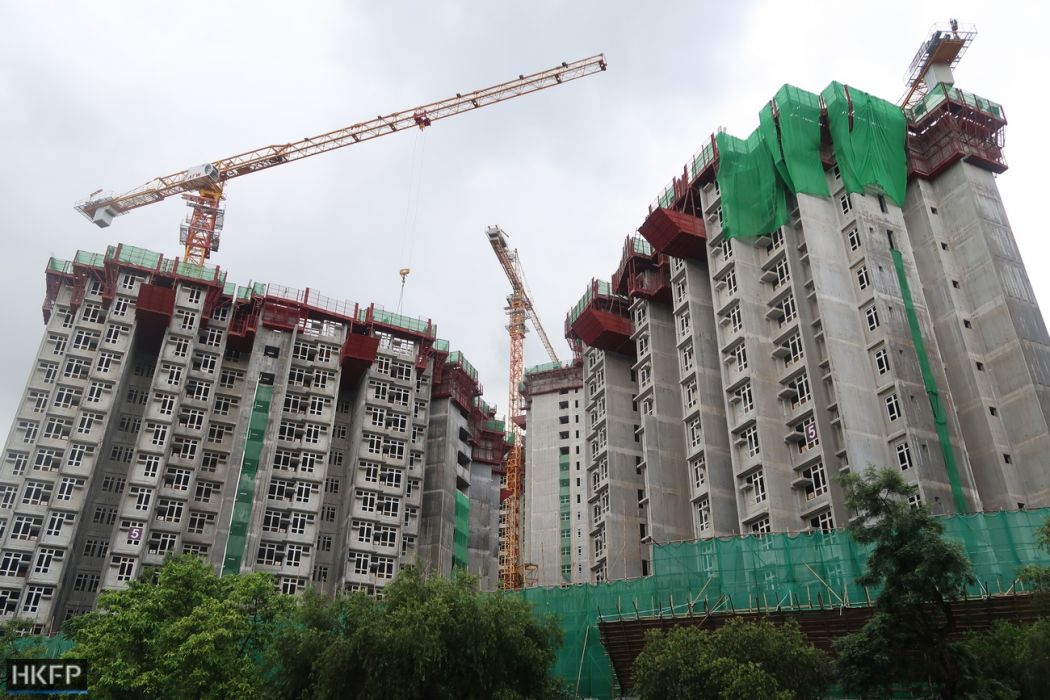Hong Kong’s housing crisis could have been averted if the housing plan under the first post-colonial administration stayed in place, former chief executive Leung Chun-ying said on Tuesday.
In a speech given at a book launch for pro-Beijing writer Chris Wat, Leung said that opposition parties blocked former chief executive Tung Chee-hwa’s promise of building 85,000 housing flats per year – nicknamed the “85,000 policy” – during the first post-handover administration. Leung also said that, contrary to popular belief, the policy did not cause the 1997 housing market crash.
“If Tung’s 85,000 policy had the acceptance and cooperation of the public, including those in the legislature, today’s housing problems would not exist,” Leung said.

The “85,000 policy” was first announced in October 1997 as part of the government’s Long Term Housing Strategy, which stated that no less than 85,000 public and private flats would be built annually starting in 1999. Leung was known for being an advocate for the plan during Tung’s tenure.
Following the Asian financial crisis of 1997, the policy was quietly scrapped the following year.
Leung defended the policy, saying: “Hong Kong’s housing prices fell, and some people blamed the 85,000 policy for causing negative equity for homeowners. But Taiwan, Thailand, Malaysia and Singapore did not have new housing policies, so why did their housing prices also fall?”

“Because people at the time widely believed that the 85,000 policy was responsible for the fall in prices, the government decided to cancel the goal, and you can see the effect today,” he added.
Responding to a question about land development in the northeast New Territories during Leung’s term in office, Leung compared the political situation to that of Tung’s administration.
“Tung and others wanted to enact the 85,000 policy, but popular opinion – especially the opposition faced in the Legislative Council – made it impossible,” he said. “It was the same over the past few years: we tried to increase the land supply, but we could not get it passed because the opposition parties control whether the budget gets approved.”

In his speech, Leung also said patriotism is “the most widespread universal value,” and that it is natural to ask civil servants to be “proud to be Chinese.” He cited the example of Peter Pun Kwok-shing, a retired civil servant who used to accompany Leung on mainland trips to give seminars on urban planning.
“Loving your country is very natural, no matter in the present age or in the past, no matter which country you are in,” Leung said.
